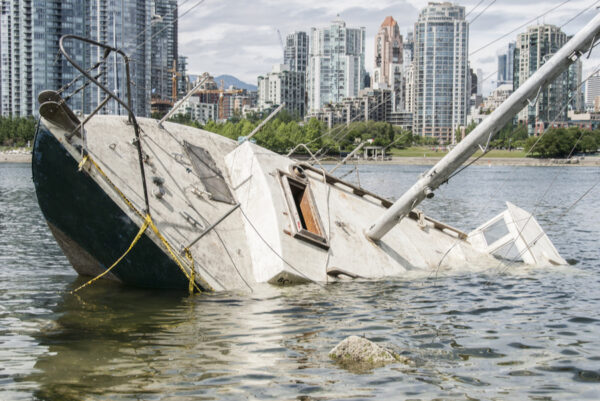Last updated on April 22, 2024
Owning a boat can be a real luxury. There’s nothing like spending a day on the water with friends and family.
As enjoyable as it can be, owning a boat isn’t all sunshine and cruising the waves. Boat owners and operators take on significant responsibility. Your passengers rely on you to be safe and make sure they get to shore with no problems.
While most operators are safe, boat accidents and injuries are more common than you may think. Many of these incidents can lead to lifelong disability or even death.
When talking to Chopin Law Firm, a maritime lawyer in Louisiana, he said, “So many boat accidents are avoidable. That’s why boat safety practices and knowledge are so important. With a little time and effort, you can prevent accidents and have a good time. Along with that, you can avoid the problems that come with boat accident lawsuits.”
This post will cover a variety of tips you should know before you go on a boating trip.
Understand the Common Causes of Boat Accidents
Boat operators should learn about the common causes of boat accidents and injuries. Once you understand these issues, you can learn how to prevent them or at least mitigate the risk. Knowing about common issues can also help you educate your passengers on the dos and don’ts of being on a boat.
Never Operate While Intoxicated
Drinking while operating a boat will increase the risk for everyone aboard. Along with that, it is illegal. Just like with driving, alcohol can slow your response time and impair your judgment. If you are an operator, you need to stay sober. Passengers should also be careful about their alcohol intake.
Always Check the Weather
Poor weather is one of the common causes of boat accidents and injuries. Rough weather can make it difficult to handle watercraft. If the conditions are bad enough, people could go overboard, or the vessel could sink. Check the weather before departing, and keep an eye on conditions while you are out.
Operate at Safe Speeds
Speed is another issue that can lead to accidents and injuries. Boats don’t brake and steer like cars, so speeding can be particularly dangerous. Speeding in a boat at night can be an additional safety issue. Along with that, you need to consider safe speeds for the type of vessel. Some boats are more capable of handling at higher speeds.
Maintain a Safe Distance From Other Vessels
Another issue is the distance between your boat and other vessels. Just like with speeding, you can’t brake or steer as quickly in a boat as you can in a car. If you are too close to another vessel, it can be very easy for the two to collide.
Avoid Operator Distractions
Operator distractions are another problem that can lead to boat accidents and injuries. When you are at the helm, you need to pay attention to where the boat is going. You may even need a lookout to assist the operator under certain conditions.
Establish Safe Boarding and Exiting Practices
Boarding and disembarking can also come with risks. Depending on the vessel, there could be a risk of falling. That’s why operators need to establish practices for safely boarding and disembarking. One important point is to never overload the boat.
Have the Proper Safety Equipment
Boats should have the proper safety equipment. For example, the vessel should have enough life vests for all passengers and crew. Your boat should also have a first aid kit. Visual and audible signaling devices are also safety essentials. Beyond having safety equipment, you should learn how to use it before going on the water.
Know the Terrain
Operators should be familiar with the underwater train. Regardless of the body of water, there might be underwater obstructions or structures that could be a hazard. Take the time to learn about these issues before taking a boat out.
Learn the Local Rules for Boat Operators
There are rules and regulations every boater should know regardless of where they are. However, there may also be local laws and regulations. Take the time to learn the local laws that govern boating where you are. Beyond that, there may also be laws and rules specific to the body of water.
Maintain the Watercraft
It’s the same principle that follows maintaining your car. A lack of maintenance can make a watercraft unsafe for operation. Boat operators should have a safety and maintenance checklist they follow every time they take their boats out. By staying on top of routine maintenance, you can avoid accidents and stay safe on the water. Along with that, it can extend the life of the vessel and prevent expensive repairs.
Take a Boat Safety Course
As a final tip, take a boat safety course. The vast majority of accidents come from boaters who do not understand basic safety practices. Even if you are experienced, a course could be a nice refresher. Taking a course can ensure you know the basics to protect yourself and your passengers.
Having a boat can be fun, but you also need to be responsible. By following the tips in this post, you can have a good time while staying safe on your boat.


















Be First to Comment